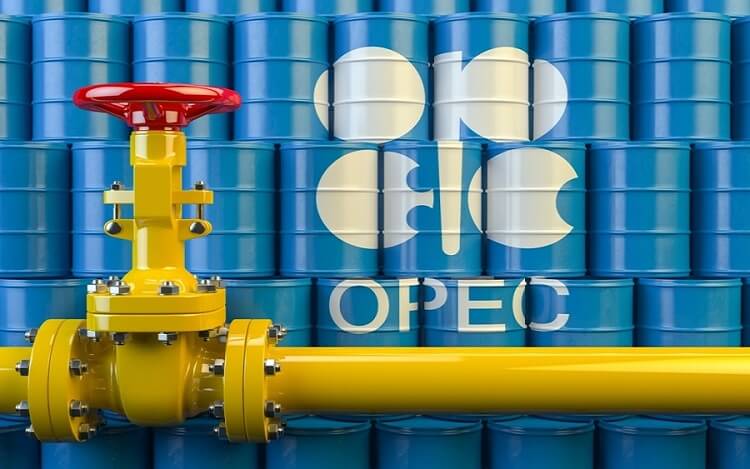Nigeria’s crude oil production in October reached 1.401 million barrels per day, a slight increase from the 1.39 million bpd recorded in September, according to the Organisation of Petroleum Exporting Countries Monthly Oil Market Report released on Wednesday.
Despite the improvement, Nigeria once again failed to meet its OPEC-assigned crude oil production quota, marking the third consecutive month of underperformance. The last time the country met its target was in July 2025.
OPEC data shows that for the third quarter of 2025, Nigeria averaged 1.444 million bpd, down from 1.481 million bpd in Q2 and 1.468 million bpd in Q1.
The figures underscore the country’s continued struggle to sustain production growth despite new investments and government-led intervention efforts in the upstream sector.
The OPEC report also reveals a shift in global dynamics, noting that worldwide oil supply in October exceeded demand by 500,000 barrels per day, reversing the previous month’s trend where supply fell short by 400,000 barrels per day.
According to OPEC, the change was partly driven by increased production from non-OPEC countries. The secretariat in Vienna noted that 890,000 barrels per day were added globally, more than half coming from the United States.
Advertisement
In October, Nigeria’s Minister of State for Petroleum (Oil), Senator Heineken Lokpobiri, disclosed that the country plans to formally engage OPEC to request an increase in its production quota—from the current 1.5 million bpd to 2 million bpd.
Lokpobiri explained that recent improvements in the industry, including the deployment of drilling rigs, revival of idle oil fields and new investments from international oil companies, demonstrate Nigeria’s capability to increase production.
Nigeria continues to face hurdles that limit its oil production capacity. Pipeline vandalism, crude theft, ageing infrastructure, and insufficient funding for key projects all contribute to the current shortfall. Despite increased surveillance in oil-producing regions, output remains below pre-2020 levels, when Nigeria regularly exceeded 1.8 million bpd.
Failing to meet OPEC quotas affects Nigeria’s foreign exchange earnings, as crude oil remains its largest revenue source. However, the current production trend suggests a gradual, though modest, rebound that could improve government fiscal revenue if sustained.
With ongoing refinery rehabilitation, the anticipated commencement of private refineries such as Dangote’s, and renewed focus on upstream activities, analysts believe Nigeria could potentially rebound stronger in 2026 if the country successfully resolves security and infrastructure obstacles.
Advertisement
While October’s figures fall short of OPEC’s expectations, they represent what industry players describe as a cautious but notable move toward recovery—one that may influence the trajectory of Nigeria’s oil sector in the coming months.

